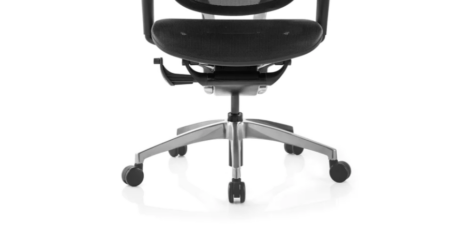To provide the best experiences, we use technologies like cookies to store and/or access device information. Consenting to these technologies will allow us to process data such as browsing behaviour or unique IDs on this site. Not consenting or withdrawing consent, may adversely affect certain features and functions.
The technical storage or access is strictly necessary for the legitimate purpose of enabling the use of a specific service explicitly requested by the subscriber or user, or for the sole purpose of carrying out the transmission of a communication over an electronic communications network.
The technical storage or access is necessary for the legitimate purpose of storing preferences that are not requested by the subscriber or user.
The technical storage or access that is used exclusively for statistical purposes.
The technical storage or access that is used exclusively for anonymous statistical purposes. Without a subpoena, voluntary compliance on the part of your Internet Service Provider, or additional records from a third party, information stored or retrieved for this purpose alone cannot usually be used to identify you.
The technical storage or access is required to create user profiles to send advertising, or to track the user on a website or across several websites for similar marketing purposes.
 As AI technologies continue to gain traction, just about every sector you can think of is going to face huge changes in the coming years – and that’s especially the case in the legal industry. From the rise of large language models (LLMs) to the integration of AI into existing software, this cutting-edge technology is already uprooting the way we work now, and it’s making us think deeply about what work will look like in the future. (more…)
As AI technologies continue to gain traction, just about every sector you can think of is going to face huge changes in the coming years – and that’s especially the case in the legal industry. From the rise of large language models (LLMs) to the integration of AI into existing software, this cutting-edge technology is already uprooting the way we work now, and it’s making us think deeply about what work will look like in the future. (more…)






















 You don’t have to look far to find misinformation. Just a few weeks ago, amid the aftermath of the coup in Niger, online platforms were being
You don’t have to look far to find misinformation. Just a few weeks ago, amid the aftermath of the coup in Niger, online platforms were being 










March 26, 2024
Menopause gift bags and monitoring toilet breaks: why are employers getting menopause support so wrong?
by Natasha Letchford • Comment, Wellbeing, Workplace